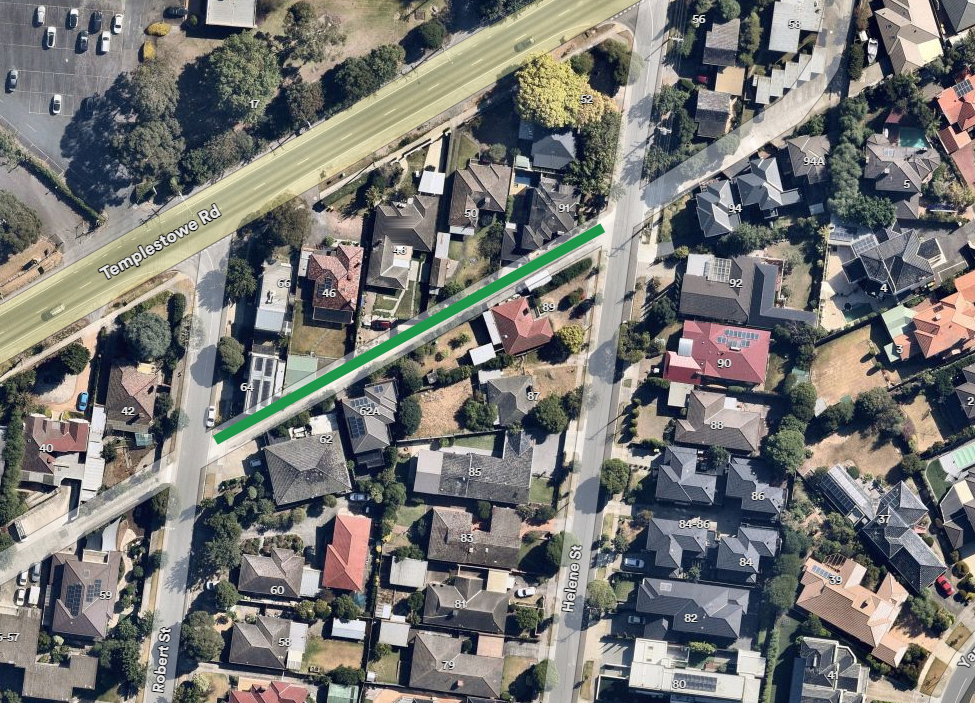The Royal Australian College of GPs (RACGP) is calling on government to boost the National Disability Insurance Scheme in the bush.
It comes following the College’s submission to the inquiry into NDIS participant experience in rural, regional, and remote Australia.
RACGP President Dr Nicole Higgins said that no communities should be left behind.
“No person with a disability, irrespective of where they live, should miss out on the care and support they need,” she said.
“The NDIS is a game changer full of opportunities, but people with a disability in the bush are being left behind. We have the solutions to significantly improve the NDIS outside of major cities.
“The Medicare rebate system makes our job helping patients looking to access the NDIS near impossible, and that must change. A GP’s time is sorely limited, and we aren’t remunerated for the time spent writing lengthy reports to support NDIS applications when patients aren’t present.
“This is particularly challenging outside of our cities, as rural GPs work within a varied scope due to limited local health services and play such a versatile role meeting the diverse needs of their community. So, for them, there is an even higher administrative and financial burden. Also, Medicare doesn’t adequately recognise the work we do coordinating multidisciplinary care teams and we’re not supported to liaise with NDIS service providers.
“So, the Government must reform Medicare or explore alternative solutions to help GPs help patients on the NDIS, something that is especially important in the bush. This includes providing adequate remuneration for GPs so that we’re paid for time spent preparing reports and other paperwork. We also recommend expanding the list of disability-related health supports funded by the NDIS to include some general practice supports not covered by Medicare.
“The entire rural and remote health system must be operating efficiently to get patients proper NDIS care and support. Right now, that just isn’t happening. Patients in the bush tell me about long wait times and having to travel gruelling distances, at their own expense, to access specialist care and other services. Inferior telecommunications infrastructure is holding back the potential of telehealth consults. There also just aren’t enough workers or available services, with one rural GP telling me about patients stuck on waitlists for two years just to seek appropriate evidence to submit their NDIS paperwork. Imagine the toll this is taking on patients just trying to get the right kind of support to make their lives that much easier.”
RACGP Vice President and Rural Chair, Associate Professor Michael Clements, said that the Government must repair a two-tiered NDIS.
“The Government must urgently plug holes in NDIS service provision in the bush,” he said.
“Right now, we have a two-tiered NDIS – one for people in major cities, another for people living everywhere else. Rural GPs tell me about concerns regarding the quality of supports in rural and remote communities due to limited resources and an often under-skilled workforce. This is not to criticise workers doing their best in a challenging situation, it’s a system-wide issue. These same GPs also warn about a lack of transparency in understanding what services have been provided to patients by their support teams.
“So, the Government should make fixing the NDIS workforce in the bush a priority, including minimum checks and training requirements. Let’s not stop there, the Government should recruit advocacy-specific workers who understand the needs of rural communities and can fight for people in these communities. We also need annual reporting to be implemented for each NDIS participant so that GPs are kept in the loop.







